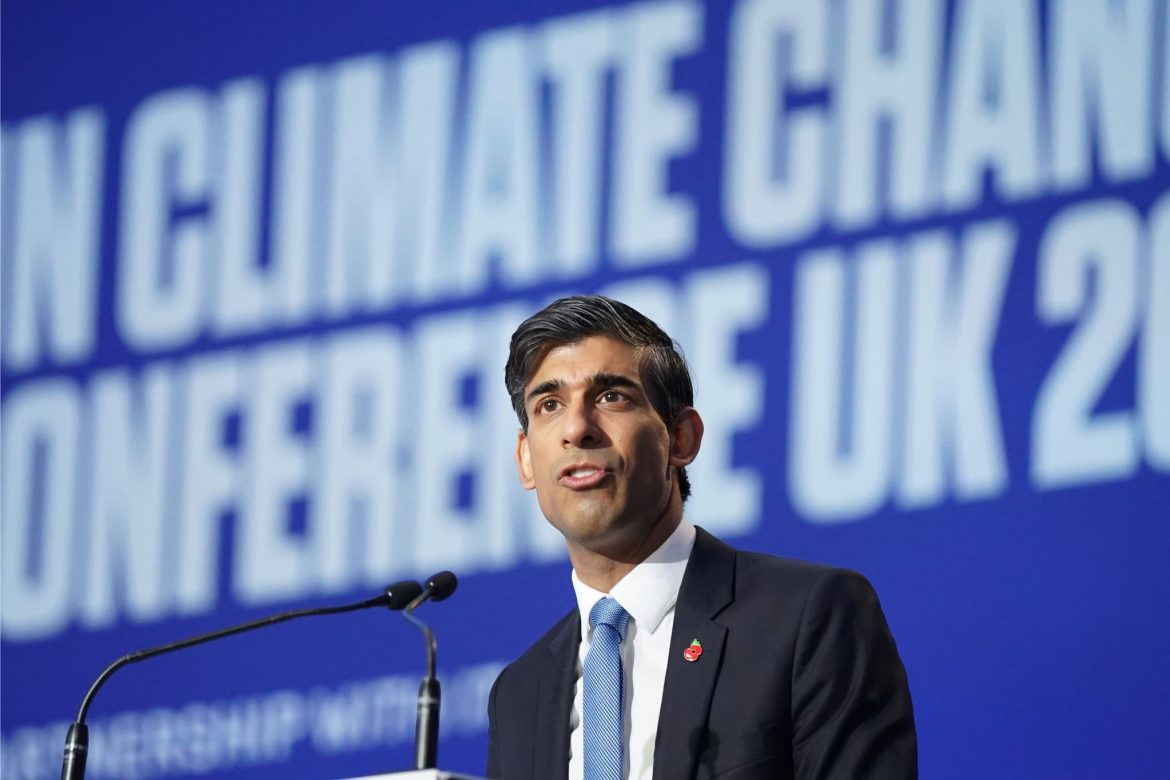Rishi Sunak, UK prime minister has been accused of sending out the wrong signals on tackling the climate emergency as he heads to the Cop28 summit in Dubai after he said that his revised net zero targets show he is “not in hock to the ideological zealots”.
The prime minister is expected to allocate about £1.6bn of climate finance during the summit and claim that the UK will exceed its target of spending £11.6bn over the five years to 2026. But he faces accusations from charities and non-governmental organisations that the UK is on track to meet the target only by changing the way it calculates climate aid – and otherwise would fall far short of the total.
Recall that before the summit, Sunak also chose to emphasise his “pragmatic” approach to tackling the climate crisis, having two months ago decided to water down his net zero targets on phasing out petrol cars and gas boilers.
“The transition to net zero should make us all safer and better off,” he said on Thursday. “It must benefit, not burden, ordinary families. The UK has led the way in taking pragmatic, long-term decisions at home – and at Cop28 we will lead international efforts to protect the world’s forests, turbocharge renewable energy and leverage the full weight of private finance.”
He was also quoted to have claimed that ambitious pledges to limit global warming to 1.5 degrees were enough and “the time for pledges is now over – this is the era for action”.
Read also: UN says gender equality goals under threat in climate crisis-hit countries
Sunak said: “I’m not in hock to ideological zealots on this topic. Of course we’re going to get to net zero, of course it’s important, but we can do that in a sensible way that saves people money and doesn’t burden them with extra costs.”
Sunak’s approach was criticised by Keir Starmer, who will also attend the summit. The Labour leader told investors on Thursday that Sunak’s government was “sending the wrong signals when it comes to net zero”.
He said: “While the Conservatives use it to appease their party and sow political division, my Labour government will harness it in the national interest, to turbo-charge growth”
Sunak’s decision to revise his climate targets was partly aimed at drawing a dividing line with Labour, which has promised to spend £28bn a year on kickstarting a green industrial revolution. Labour has also said it would strengthen requirements for companies to report on their green measures in an effort to mobilise private finance to support ways to cut emissions.
Story was adapted from the Guardian.
